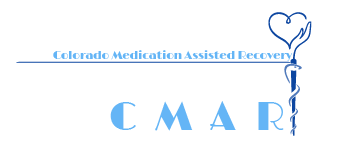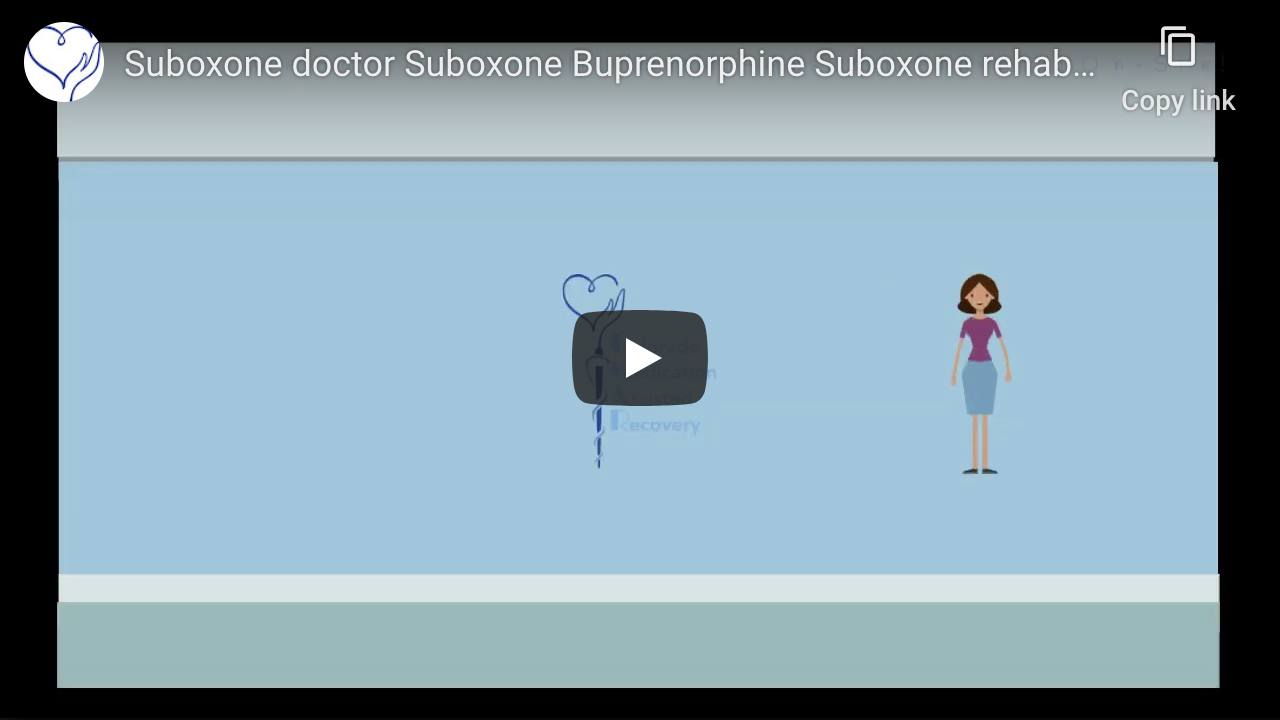 People with so-called co-occurring disorders, sometimes called dual diagnosis patients, suffer from both substance use disorder and mental illness. This condition comes in as many forms as there are addictions and mental health conditions. Millions of Americans each year struggle with co-occurring disorders and can benefit from dual-diagnosis treatment programs. At Colorado Medication Assisted Recovery, our expert team will help you overcome both your substance use disorder and mental health condition with a treatment track that treats co-occurring disorders so you can become one of our many patients to achieve sustained addiction recovery. For more information about our mental health and addiction treatment center in Colorado or our medication-assisted approach to addiction treatment, contact Colorado Medication Assisted Recovery today at 833.448.0127.
People with so-called co-occurring disorders, sometimes called dual diagnosis patients, suffer from both substance use disorder and mental illness. This condition comes in as many forms as there are addictions and mental health conditions. Millions of Americans each year struggle with co-occurring disorders and can benefit from dual-diagnosis treatment programs. At Colorado Medication Assisted Recovery, our expert team will help you overcome both your substance use disorder and mental health condition with a treatment track that treats co-occurring disorders so you can become one of our many patients to achieve sustained addiction recovery. For more information about our mental health and addiction treatment center in Colorado or our medication-assisted approach to addiction treatment, contact Colorado Medication Assisted Recovery today at 833.448.0127.
Who Benefits from a Dual Diagnosis Treatment Program?
Our Thornton, CO, dual diagnosis treatment center focuses on treating the underlying causes of your substance abuse. In order to successfully treat a drug addiction, it is necessary to also treat any co-occurring mental health condition.
In some cases, the mental health condition may pre-date your addiction. Maybe you began using drugs to combat the symptoms of depression or anxiety. Sadly, that drug use quickly spiraled into addiction. In other cases, your drug use may have caused a mental health disorder. Specific drugs can change the chemistry of the brain, which disrupts the routine functions of the neurotransmitters such as dopamine. This reaction sometimes results in mental health conditions.
While you may think that using substances helps to control the symptoms of a mental health condition, in reality, it’s doing the opposite. Substance abuse leads to decreased serotonin levels, which, in turn, can lead to worsening depression.
The signs that you need a dual diagnosis treatment program may not initially be evident. However, some routine signals can indicate that you or a loved one needs dual diagnosis treatment. These symptoms include:
- Lower performance at work or at school
- Behavior that has become increasingly secretive
- Changes in sleep patterns or appetite
- Impairment of coordination
- Slurred speech
- Problems in relationships, finances, or with the law, due to substance use
- Feelings of anxiety, fear, or paranoia
- Mood swings
None of these symptoms, taken by themselves, are indications of mental illness and addiction. However, if you see multiple symptoms over the course of several weeks or months, the time to act is now. If you don’t act, the mental health condition and substance use disorder could worsen.
What Does CMAR’s Dual Diagnosis Treatment Program Treat?
Some of our dual diagnosis treatment options include:














